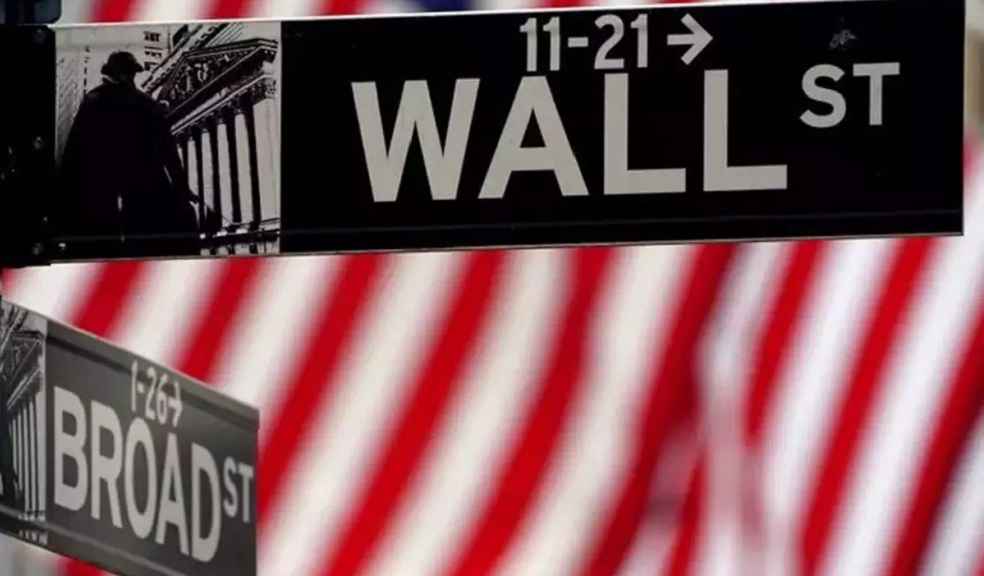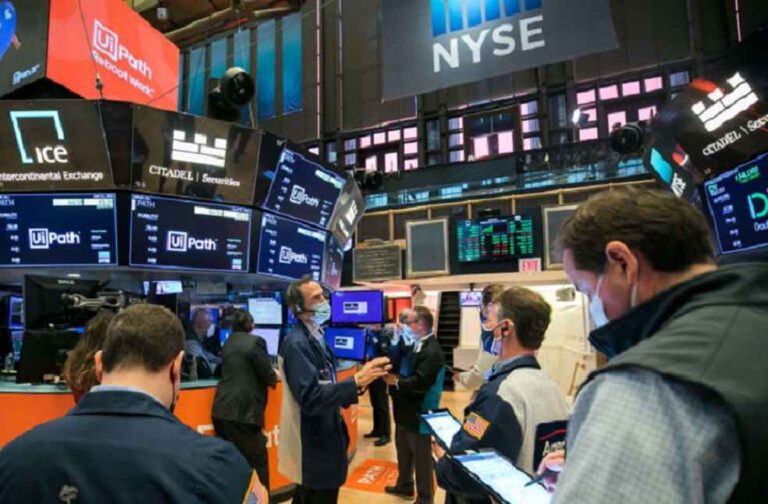The US stock market has a rich history and is a critical component of the American economy. It is where publicly traded companies raise capital by selling shares of their businesses to investors. Here’s a brief overview of the US stock market’s history and some fascinating facts.
History of the US Stock Market:
The origins of the US stock market can be traced back to the late 18th century when merchants started to trade shares of their companies in coffee houses in Philadelphia and New York City. In 1792, the Buttonwood Agreement was signed by traders in New York, forming the New York Stock Exchange (NYSE).
The NYSE grew rapidly during the 19th century as the American economy expanded, and new industries like railroads, steel, and oil emerged. The rise of the stock market fueled the growth of American capitalism and made the country one of the wealthiest in the world.

The 20th century saw significant changes in the US stock market. In the 1920s, the stock market boom led to the infamous Wall Street crash of 1929, which triggered the Great Depression. The Securities and Exchange Commission (SEC) was established in 1934 to regulate the stock market and prevent fraudulent activities.
In the post-World War II era, the US stock market experienced a significant expansion as more companies went public. The introduction of electronic trading in the 1970s and 1980s revolutionized the way stocks were bought and sold.
Today, the US stock market is the largest in the world, with the three major indices being the Dow Jones Industrial Average (DJIA), the S&P 500, and the NASDAQ Composite. The market capitalization of US stocks is over $40 trillion, and it remains a critical driver of the American economy.
Fascinating Facts about the US Stock Market:
- The first stock ticker was invented by Charles Dow in 1867. The Dow Jones Industrial Average was created in 1896 and is still one of the most widely followed stock market indices.
- The stock market crash of 1929 led to the formation of the SEC, which regulates the stock market to this day. The SEC was established to prevent fraudulent activities and to protect investors.
- The NASDAQ was founded in 1971 and became the first electronic stock market. It is now the second-largest stock exchange in the world by market capitalization.

- The DJIA is named after Charles Dow and his partner, Edward Jones. The index is made up of 30 large-cap American companies and is used as a benchmark for the overall health of the US stock market.
- The S&P 500 is a market capitalization-weighted index of the 500 largest publicly traded companies in the US. It is considered to be one of the best indicators of the US stock market’s performance.
- The stock market has been closed for significant periods in history, such as during World War I and II. The longest closure was four months during World War I.
- The stock market has experienced several significant crashes throughout history, including the Great Crash of 1929, the Black Monday crash of 1987, and the dot-com bubble burst in 2000.
- Warren Buffett, one of the world’s most successful investors, has never invested in technology stocks. He has focused on long-term investments in consumer goods and financial companies.
- The US stock market is open for trading from Monday to Friday, except for national holidays.
- In recent years, the US stock market has been impacted by various factors, including geopolitical events, economic data, and the COVID-19 pandemic.
In conclusion, the US stock market has a rich history, and its growth and evolution have played a critical role in the development of the American economy. Despite experiencing various challenges
TECHNOLOGY: TECH’S IMPACT: E-COMMERCE, AI, BLOCKCHAIN TRANSFORMING TRADE



